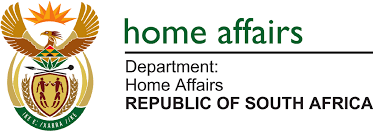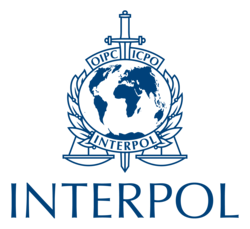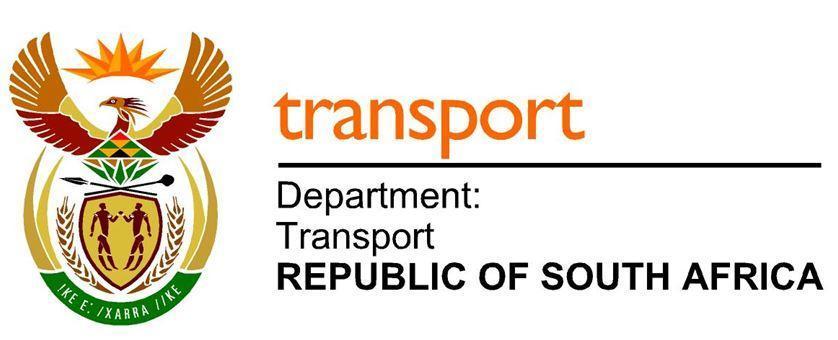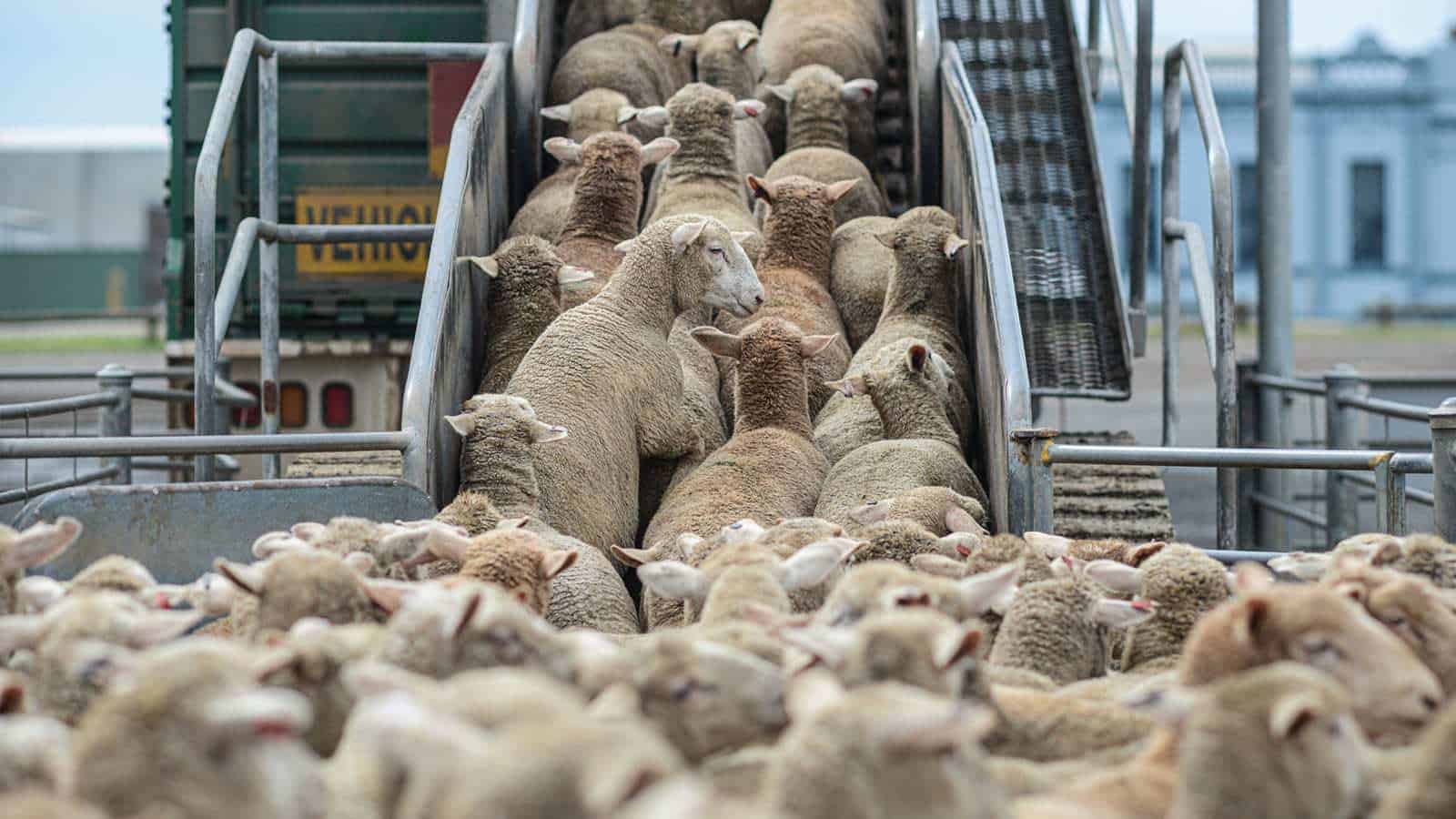Advice to South African citizens in the event a South African dies abroad
Introduction
The department, in collaboration with its representatives abroad, may provide logistical assistance and advice to the next of kin in the event of the death of a South African citizen abroad.
The assistance includes:
- Obtaining a permit for importing mortal remains from the Department of Health.
- Placing family members into contact with reputable undertakers.
- Obtaining quotes for the transportation of the mortal remains and/or cremation and/or local burial if so requested by the next of kin.
- Providing information on local conditions and procedures affecting the deceased. It should be borne in mind that the manner in which someone dies can affect how the local authorities handle the case.
In the event the deceased had travel insurance, it is recommended that the insurer be contacted first to establish whether the deceased is covered in case of death.
The South African Government does not render any financial assistance pertaining to the death of South African citizens abroad. The financial transaction for the importation of mortal remains, local burial or cremation, and return of the ashes may only be done via a commercial institution such as a bank. The money must be transferred directly to the undertaker in the country concerned.
What are the options for the next of kin of a deceased South African?
It is a shock to receive the news of the death of a loved one and usually, the first thought of the next of kin is to bring the mortal remains back to South Africa.
However, the following options can be considered:
(a) the return of mortal remains to South Africa
(b) cremation and return of the ashes to South Africa
(c) local burial
(d) pauper’s burial (free of any charge).
The South African Representative will assist with obtaining quotes to enable the next of kin to make an informed decision.
If using an undertaker, it is important to note that the rendering of services is subject to payment.
Practice differs from country to country and this will influence the process. The South African Representative or the department will provide guidance.
Return of mortal remains to South Africa
When a body is returned, there are strict conditions for its transportation. The preparation of the mortal remains and the transport costs make this the most expensive option.
Before making any decision in this regard, unless covered by travel insurance, the next of kin must get quotes from undertakers in the foreign country. The South African Representative can assist.
The requirements for the transportation of mortal remains are:
- Non-infectious mortal remains:
- The body must be embalmed. This must take place within 24 hours. Not all countries have embalming facilities.
- The body must be sealed in an airtight container and placed in a sturdy non-transparent coffin.
- The import permit must be obtained prior to transportation.
- Infectious mortal remains:
- The body must be placed in a polythene bag.
- The body must be placed in a second polythene bag.
- The body must then be sealed in an airtight container and placed in a sturdy non-transparent coffin.
- Under no circumstances may the coffin be opened.
- A written statement from the medical practitioner that the body will not constitute a danger to public health and that the body is screened off according to regulation R2438 of 30 October 1987, paragraphs 9 and 10 (Conveyance of bodies of persons who have died of communicable diseases) must accompany the body at all times, together with the death certificate.
- The import permit must be obtained prior to transportation.
The South African Representative must provide the following documentation to the Department of Health before an import permit can be issued:
- A letter containing the name of the deceased, date of death, country of death, cause of death, place of burial, telephone number, email and area code.
- Embalming certificate (if not possible due to religious reasons, this must be stated).
- Letter from attending pathologist or medical doctor to state that the deceased did not suffer from an infectious disease at the time of death, OR
- If the deceased did suffer from an infectious disease, a letter from the medical practitioner indicating that the transportation will not constitute a danger to public health.
- All documents not in English must be accompanied by a certified translation.
When all the requirements are met, the Department of Health issues an Import Permit, which accompanies the mortal remains to South Africa.
Cremation and the return of the ashes to South Africa
The next of kin can opt for a cremation and the return of the ashes. The undertaker in the foreign country can render this service.
Ashes are dealt with according to the local custom in the foreign country. No importation permit is needed to return the ashes to South Africa.
Local burial
The next of kin can opt for burial in a foreign country. The undertaker in the foreign country can render this service. The exact location of the grave will be provided to the next of kin.
Once the next of kin made a decision, and affidavit must be signed and forwarded to the department, marked for the attention of the Chief Directorate: Consular Services.
Pauper's burial
If the next of kin cannot be traced or if they do not have the financial means to consider any of the above options, a pauper’s burial can be requested. The local authorities will then take the mortal remains of the deceased and deal with it according to local legislation. The exact location of the grave, if buried, will be provided to the next of kin.
Once the next of kin made a decision, an affidavit must be signed and forwarded to the department, marked for the attention of the Chief Directorate: Consular Services.
Documents required: Mortal remains
NO PERMIT IS NEEDED TO IMPORT ASHES FOR A BODY THAT HAS BEEN CREMATED
However, the death certificate, cremation certificate and a copy of the deceased identification are to accompany the ashes at all times.
IMPORTATION OF MORTAL REMAINS
DOCUMENTS NEEDED FOR IMPORTATION (NON-INFECTIOUS AND INFECTIOUS):
1. A death certificate clearly stating the cause of death. If the cause of death is unknown, a permit will not be issued. In the case of infectious disease, an autopsy report is also required.
2. ID / passport. A copy of the deceased SA passport or ID certified by the relevant mission.
3. Embalming Certificate clearly stating in the case of:
- Non-infectious – That the remains were embalmed, sealed in an airtight container and placed in a sturdy non-transparent coffin.
- Infectious – That the remains were embalmed, placed in a polythene bag, placed in a second polythene bag, sealed in an airtight container, and placed in a sturdy non-transparent coffin.
4. If embalming cannot be done due to religious reasons, please include a statement of the alternative that will be used to ensure the safe transportation of the remains.
5. A written statement from a medical practitioner that the remains will not constitute a danger to public health.
6. A non-infectious disease certificate.
7. Letter from the family member requesting importation. The letter should include:
- name of a family member
- ID nr
- relationship to the deceased
- physical address
- copy of ID/passport of a family member
- contact details of a family member.
If the deceased died while on business for their employer and the employer will be handling the transportation of the remains, a letter from the employer must be attached explaining the situation.
8. If the documents are not in English, a certified translation must be attached.
9. A cover letter from the South African Representative that includes:
- name of deceased
- date of death
- cause of death
- country of death
- place of burial
- full contact numbers.
10. A Certificate of Compliance (CoC) from the South African undertaker.
Please note:
- That the Department of Health does not deal with undertakers directly. Only documents from the Department of International Relations and Cooperation or the South African Representative will be accepted.
- This includes transit through South Africa.
- No importation permit is needed if the remains are cremated. The death certificate, cremation certificate, and a copy of the deceased identification are to accompany the ashes at all times.
- Please note that the next of kin must complete an affidavit selecting the option to return mortal remains to South African signed by the commissioner of oaths with a certified copy of the ID/SA passport of the NOK who signed the affidavit.












